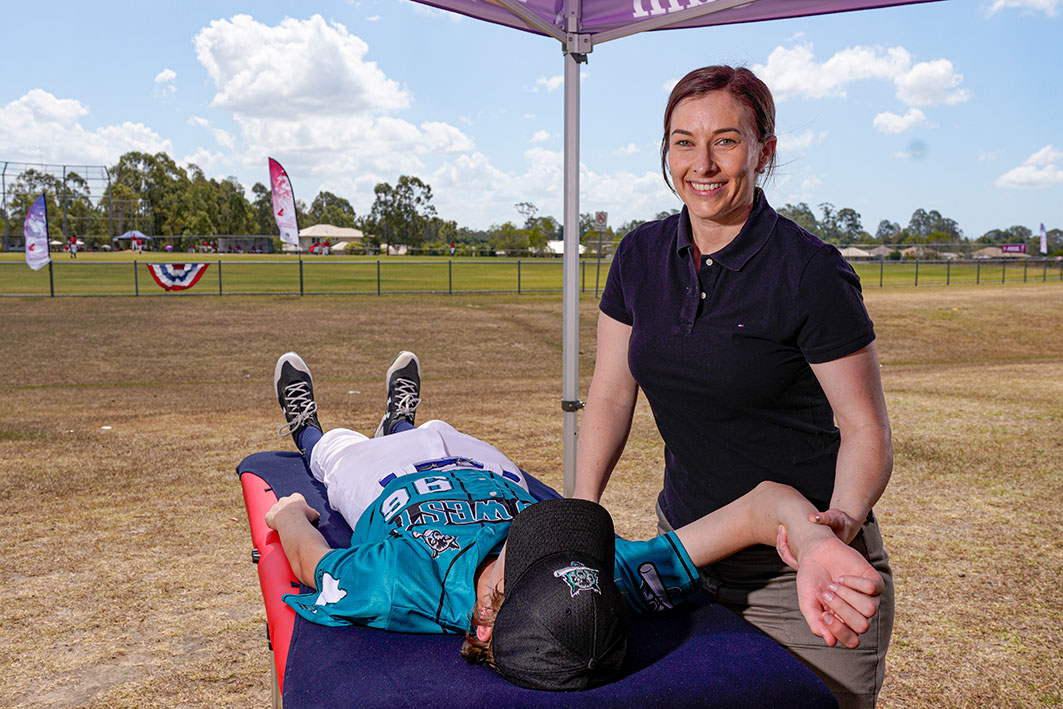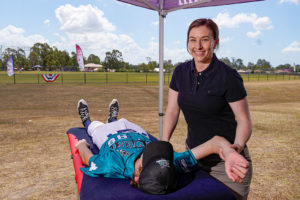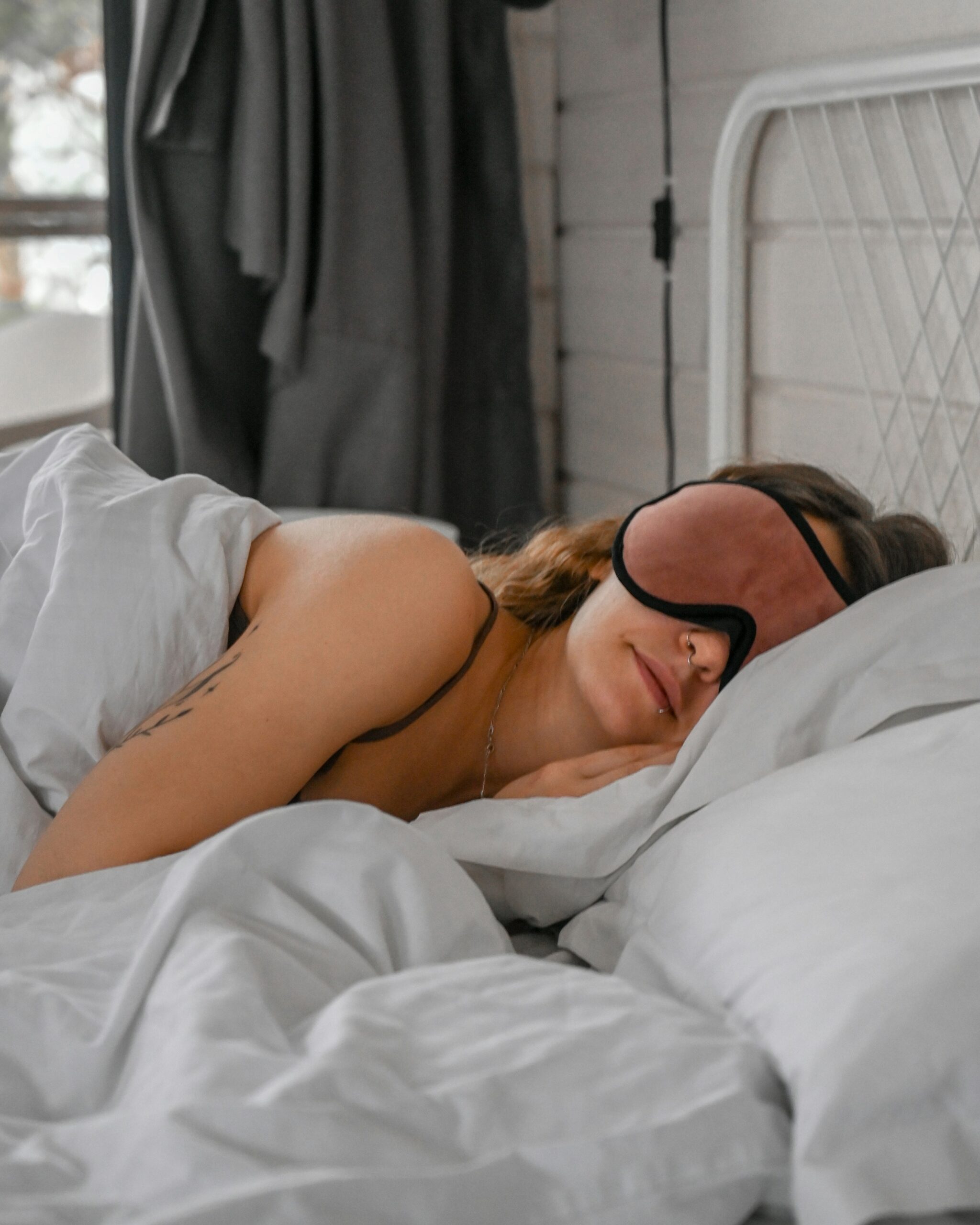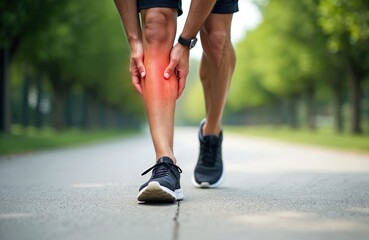
Should we rest tendon injuries
WHAT IS A TENDON?
Tendon’s comprise of connective tissue elements of the muscle that come together to attach muscle to bone. These tendons function to transmit the forces generated by our muscles and produce motion. These collagen fibres are very tightly packed and have such a high level of strength, that an acute tear or rupture of a normal tendon is relatively rare. Whereas, what is more likely to occur, is an injury such as the bone pulling off where the tendon meets the bone or a muscle strain.
Tendon’s that do acutely fail do so without warning and usually have some underlying pathology. As we get older pathologies increase and tendon ruptures are more likely to occur. Particularly, in middle-aged individuals and older athletes. The two most common tendon ruptures are the Achilles and supraspinatus tendons. Which result in either a partial or a complete rupture. The supraspinatus muscle is one of your rotator cuff muscles which help to stabilise your shoulder joints, amongst other functions.
PARTIAL & COMPLETE RUPTURES
Partial ruptures become quite painful very quickly, usually very tender and result in a loss of function of that muscle that is connected to it. Some people may still be able to move the muscle with a partial tendon tear. Strengthening of the surrounding muscles begins once a partial tear is discovered.
Once pain has settled and stabilised after the injury strengthening of the muscle can begin. Whereas a complete rupture results in complete loss of tendon function and also people do also experience a lot of pain. However… with a complete rupture pain generally settles quite quickly. This is because the accompanying nerve fibres become damaged. So technically speaking, if you rested a completely torn tendon, yes, the pain will reduce momentarily. Additionally, with complete ruptures, these may require surgical repair to restore function. Moving beyond acute injuries, this brings us to another type of tendon injury, tendinopathies. Or commonly referred to as overuse injuries.
OVERUSE INJURIES
In the 1980s, tendon pathology was typically categorized as inflammation at the cellular level. Nowadays, thanks to Jill Cook and Craig Purdam, two authorities in this field,. They propose tendon pathology falls across a spectrum rather than one individual mechanism (inflammation). This spectrum includes: Phase 1 – Reactive. Phase 2 – Dysrepair, and Phase 3) Degenerative. As the stages progress essentially the condition of the tendon worsens [caveat: unless it addressed properly] usually by modifying load to the tendon during rehabilitation. When dealing with tendinopathies it is absolutely essential not to rest for too long.
Rest might help to calm the initial pain and discomfort and allow for swelling to lessen (if managed correctly). However, the first stage of recovery is actually exercise, in the form of isometrics. An isometric is an amount of load put through a joint in mid contraction. This may only be a very small contraction but has been shown to provide pain relief.
Stage one has been show to take anywhere between 7-10 days or up to 6-8 weeks in severe cases. As pain settles/ or becomes stable, progression of exercise continues into Stage 2. In some instances stage 2 can take up to 12 weeks to complete, again, if the condition is severe enough, before progressing into Stage 3. Stage 3 is when the muscles are stronger and the tendon can be loaded more, leading into the fourth stage. Stage 4 is where muscles can be trained to be more explosive through both eccentric (lowering) and concentric (elevating/lifting) movements.
TO REST OR NOT TO REST – THAT IS THE QUESTION
The answer is… very briefly. This brief period of rest is to manage pain, swelling, and other limiting factors such as hesitation to move. Beyond this, and hopefully reasonably quickly, strengthening exercises of the tendon and surrounding musculature need to occur, to achieve the best outcome. Now with this information in your back pocket, next time you experience tendon issues or currently experiencing tendon issues, come see us at the clinic to determine the best course of action. You can give us a call on 3352 5116 to make a booking or you can book online.







